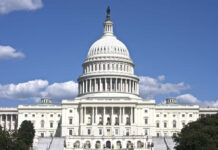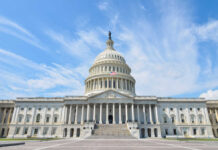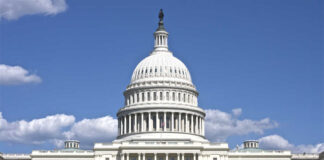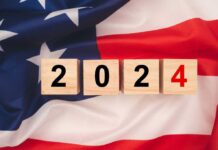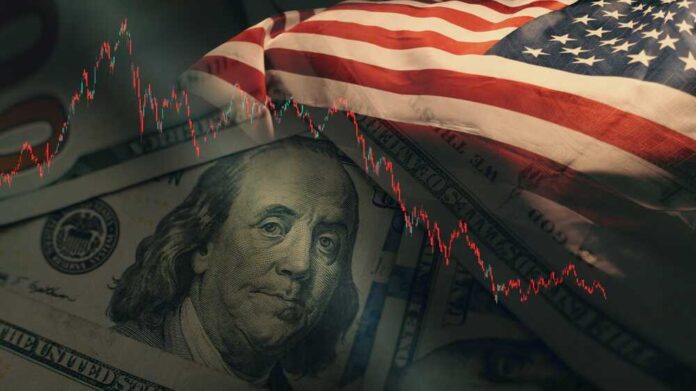
A number of different data points appear to indicate that persistent inflation and low economic growth may continue throughout 2023. A decline in manufacturing, as well as the failure of First Republic Bank both signal strain on the economy.
The overall S&P Global U.S. manufacturing survey shows that industrial production declined between March and April. March showed a small expansion and April showed a contraction.
The slight increase in manufacturing orders in March indicates that inflationary pressure is continuing. The decline in April represents the potential risk of recession. Put together, the news indicates two crucial concerns about the American economy.
The latest economic data is another signal that a recession could be coming in the near future. The current consensus in one economic model is that the risk of a recession in the next year has grown to 67%.
The economic news became starker with the collapse of First Republic Bank, the third such failure this year. The FDIC seized the bank, followed by a purchase by JP Morgan Chase.
First Republic suffered more than $100 billion in deposit withdrawals following a negative earnings report in April. The bank’s stock had lost 97% of its value prior to the seizure.
JP Morgan agreed to take on $92 billion in deposits, as well as $173 billion in loans. The FDIC will take on any losses revolving around First Republic’s collapse.
First Republic branches will become part of JP Morgan as part of the transfer.
Biden administration officials hope that the JP Morgan purchase will stem the potential of more bank failures. The bank’s CEO Jamie Dimon believes that such a risk has now passed.
REPORTER: “We’ve already seen some members of Congress, who have had what seems like particularly good luck, offloading shares of First Republic Bank…”
KJP: “I’m not gonna speak directly to that…” pic.twitter.com/ezpKp0fBlC
— Townhall.com (@townhallcom) May 1, 2023
“There may be another smaller one, but this pretty much resolves them all,” he said. “This part of the crisis is over.”
The Treasury Department stated that the “banking system remains sound and resilient, and Americans should feel confident in the safety of their deposits.”
The current bank failure comes following a number of interest rate increases to combat persistent inflation. The rise in such rates placed additional pressure on banks, while inflation pressures average Americans.




